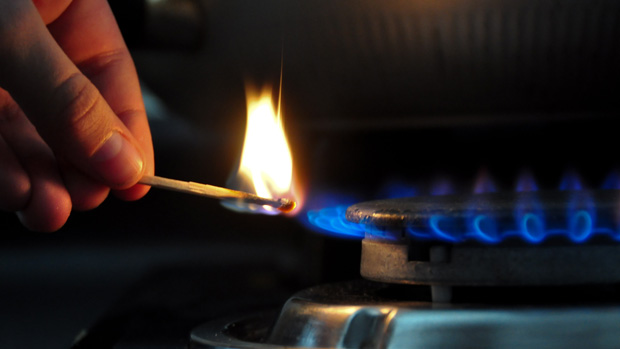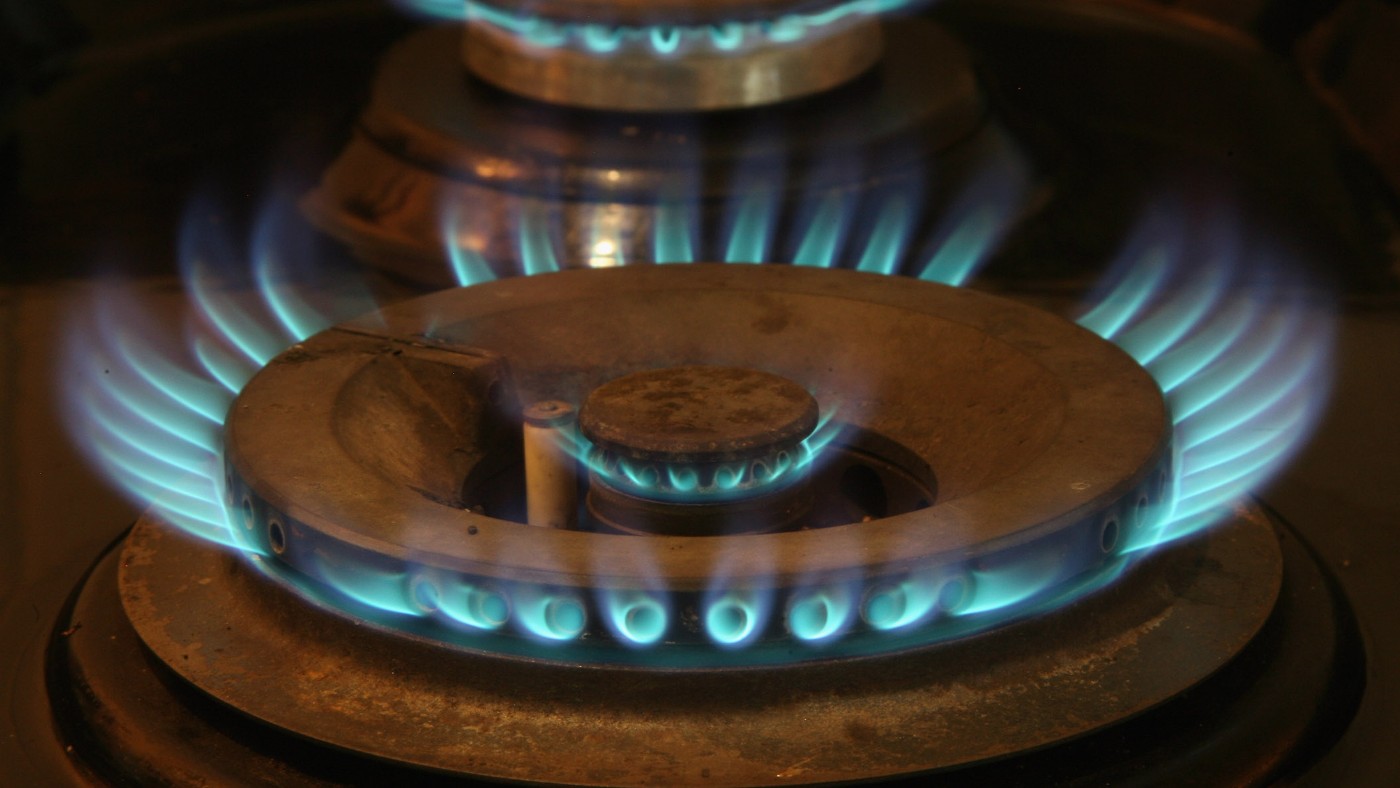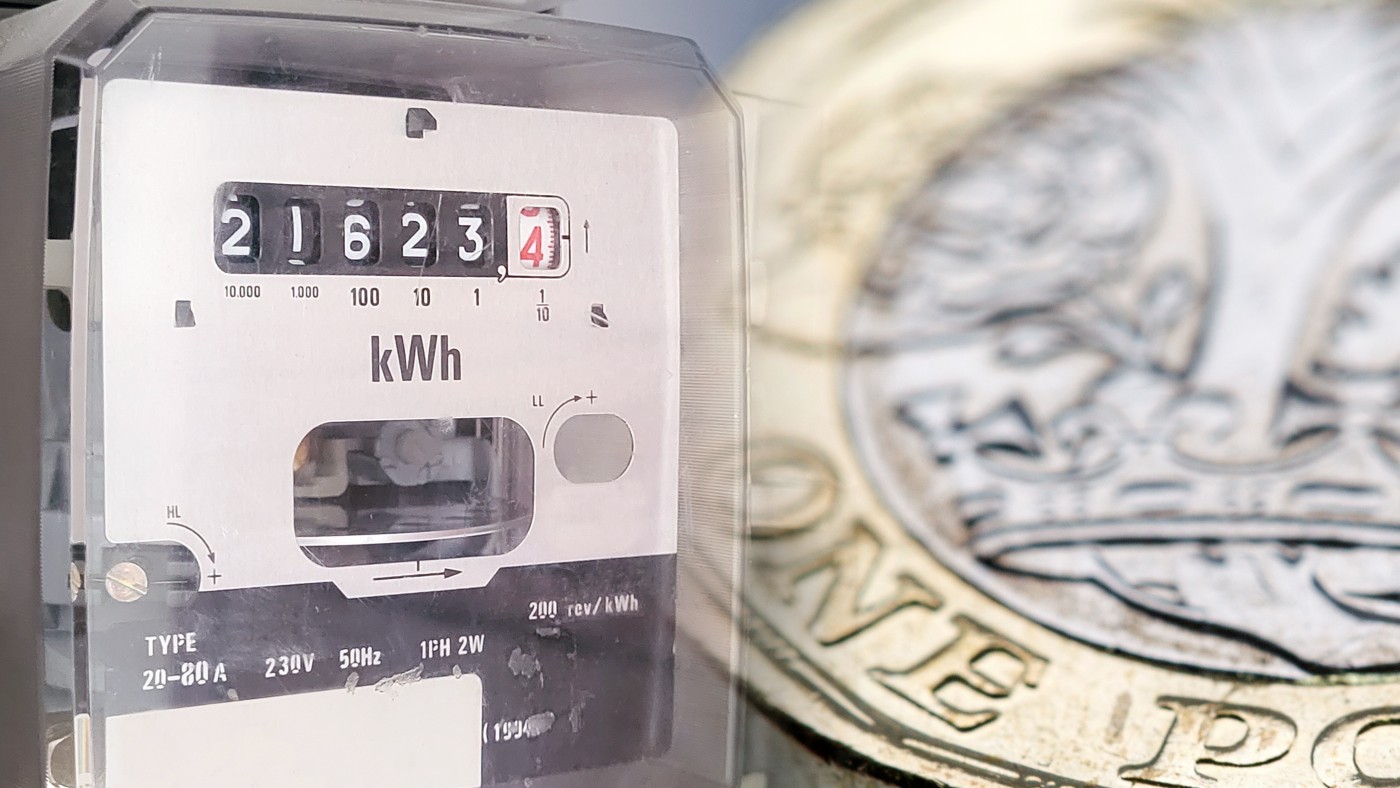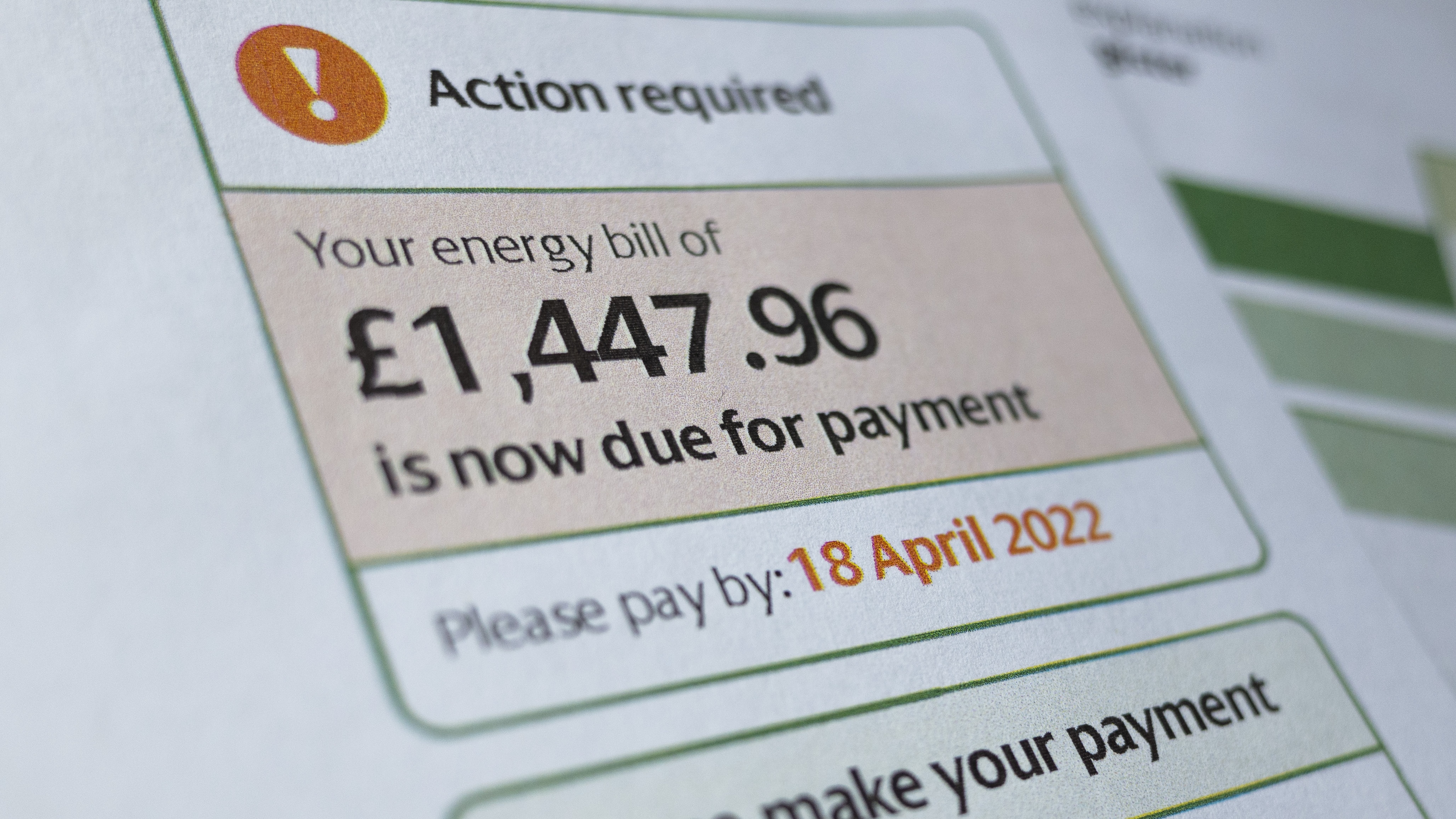How to save money on gas and electricity bills
The energy price cap is rising but you can still take steps to reduce your bill
Rebekah Evans, The Week UK

A free daily email with the biggest news stories of the day – and the best features from TheWeek.com
You are now subscribed
Your newsletter sign-up was successful
Households are facing rising gas and electricity bills in the new year but there are ways to keep your energy costs down.
The energy price cap is set to rise by 1.2% to £1,738 per year between January and March 2025, based on a typical household paying by direct debit.
Industry regulator Ofgem blamed the rise on the UK's "reliance on volatile international markets" for energy supply, which are affected by events in Russia and the Middle East.
The Week
Escape your echo chamber. Get the facts behind the news, plus analysis from multiple perspectives.

Sign up for The Week's Free Newsletters
From our morning news briefing to a weekly Good News Newsletter, get the best of The Week delivered directly to your inbox.
From our morning news briefing to a weekly Good News Newsletter, get the best of The Week delivered directly to your inbox.
Energy analyst Cornwall Insight has forecast that the cap will drop in April but said that is "little comfort to households struggling with energy costs this winter".
What is the energy price cap?
The energy price cap is set every three months by regulator Ofgem.
It is the maximum that energy suppliers can charge customers for each unit of energy and standing charge they use on a standard variable tariff.
The price cap won't be on your total bill, said Which?, as it is a limit on "each unit (kWh) of gas and electricity that you use". That means households using "more than the average" will see a bigger increase than others.
A free daily email with the biggest news stories of the day – and the best features from TheWeek.com
The limit was introduced in 2019 due to "concerns that customers were paying a "loyalty penalty'", said the Energy Saving Trust.
The cap is based "largely on wholesale energy prices", said MoneySavingExpert, and applies to providers' standard and default tariffs, "which the vast majority of households are now on".
Should you opt for a fixed rate energy tariff?
Most gas and electricity bills have been variable since the 2021 energy crisis, said ThisIsMoney, but you could save money if you find a fixed rate that is cheaper than the price cap.
Watch out for "strings attached" with fixed rate deals though, added the financial website, as you may lock in your monthly costs for a set period, but there may be "expensive exit fees".
There are some fixed rate deals that are cheaper than the price cap, said MoneyWeek, but the "question of whether to switch to a fix" depends on your attitude to risk and whether you think bills will go up or down next year.
Wholesale energy costs are "susceptible to international shocks", said Cornwall Insight, which predicts that the cap will fall to £1,713 per year for a typical dual fuel user in April before dipping slightly again in July.
But MoneySavingExpert's Martin Lewis has warned that "some of this is crystal-ball gazing" and that energy prices remain uncertain, adding that there was nothing wrong with "playing safe and sticking on the price cap" for most customers.
He advised those struggling to pay energy bills to contact their gas and electricity provider as soon as possible.
How to reduce your energy bill
Using less energy at home helps our wallets, said MoneySuperMarket, and "also benefits the environment by reducing our carbon footprint".
One of the "simplest ways" to save energy is to switch to efficient gadgets and appliances, said the comparison website, such as swapping traditional light bulbs for "energy-saver alternatives" and finding appliances with an A+++ rating.
The "easiest way" to save energy and reduce your bill, said SaveMoneyCutCarbon, is to switch off or unplug devices when not in use, "plugging them back in just as you are about to use them".
Insulating your home and draught-proofing any gaps "can keep it both warm in the winter and cool in the summer", said CompareTheMarket, plus it could "cut your energy bills by almost half".
Additionally, you may not feel the difference if you lower your thermostat by a few degrees, added the comparison website, "but you might notice a decrease in heating costs".
Cost-effective 'hacks'
There are a series of "quick tips" people can use in and around the home to help them save money on their energy bills, said the Energy Saving Trust, with some more effective than others.
For example, homes could "save around £45 annually" simply by turning their appliances off, not leaving them in standby mode, while "making small changes" in your washing machine use could cut costs by £24 in a year. Instead of "higher temperatures", a 30-degree wash could be just as effective, or do fewer washing loads a week.
One hack that "won't cost you a penny" is to place an old towel over the gap at the bottom of your front door to exclude draughts, said Which?. This method "worked just as well as, if not better than" draught excluders that can be bought from traditional hardware stores. While it isn't "the prettiest or neatest solution", for those looking to save as much money as possible, it is both "quick and free".
Finally, Britons traditionally love their cups of tea, but may be worried about the cost of boiling a kettle. Many will habitually fill the kettle "to the top" to make a drink, but this is unnecessary, said Metro. Instead, for one cup of tea, all that is needed is "between 150ml and 250ml of water". Breaking this habit could save people "£29 a year" in energy costs.
Marc Shoffman is an NCTJ-qualified award-winning freelance journalist, specialising in business, property and personal finance. He has a BA in multimedia journalism from Bournemouth University and a master’s in financial journalism from City University, London. His career began at FT Business trade publication Financial Adviser, during the 2008 banking crash. In 2013, he moved to MailOnline’s personal finance section This is Money, where he covered topics ranging from mortgages and pensions to investments and even a bit of Bitcoin. Since going freelance in 2016, his work has appeared in MoneyWeek, The Times, The Mail on Sunday and on the i news site.
-
 6 of the world’s most accessible destinations
6 of the world’s most accessible destinationsThe Week Recommends Experience all of Berlin, Singapore and Sydney
-
 How the FCC’s ‘equal time’ rule works
How the FCC’s ‘equal time’ rule worksIn the Spotlight The law is at the heart of the Colbert-CBS conflict
-
 What is the endgame in the DHS shutdown?
What is the endgame in the DHS shutdown?Today’s Big Question Democrats want to rein in ICE’s immigration crackdown
-
 Energy prices set to rise in October – how to reduce your gas and electricity bill
Energy prices set to rise in October – how to reduce your gas and electricity billThe Explainer With the price cap expected to rise before this winter, what is the best way to prepare, and lower costs?
-
 Should the Ofgem energy price cap be scrapped?
Should the Ofgem energy price cap be scrapped?Today's Big Question Poorer households may end up paying more this winter despite cap being lowered from October
-
 Cost of living: will fall in energy price cap make a difference?
Cost of living: will fall in energy price cap make a difference?In Depth Limit on what providers can charge falls but consumers are warned they will see ‘little relief’
-
 What is the cheapest way to cook?
What is the cheapest way to cook?feature Air fryers, microwaves and slow cookers can all save you money over conventional ovens
-
 Is it cheaper to work from home or at the office?
Is it cheaper to work from home or at the office?Talking Point Commuting costs may wipe out savings made from lower domestic energy bills
-
 Could Labour solve the cost-of-living crisis?
Could Labour solve the cost-of-living crisis?Today's Big Question Keir Starmer unveils £29bn plan to freeze energy price cap
-
 What is Don’t Pay UK?
What is Don’t Pay UK?feature Campaign hopes to encourage one million people to cancel their direct debits to energy providers
-
 Cost-of-living crisis: is the UK over the worst of it?
Cost-of-living crisis: is the UK over the worst of it?Today's Big Question Inflation data showing sharp falls in price rises will bring ‘sighs of relief in government’, but food prices may not ever come back down